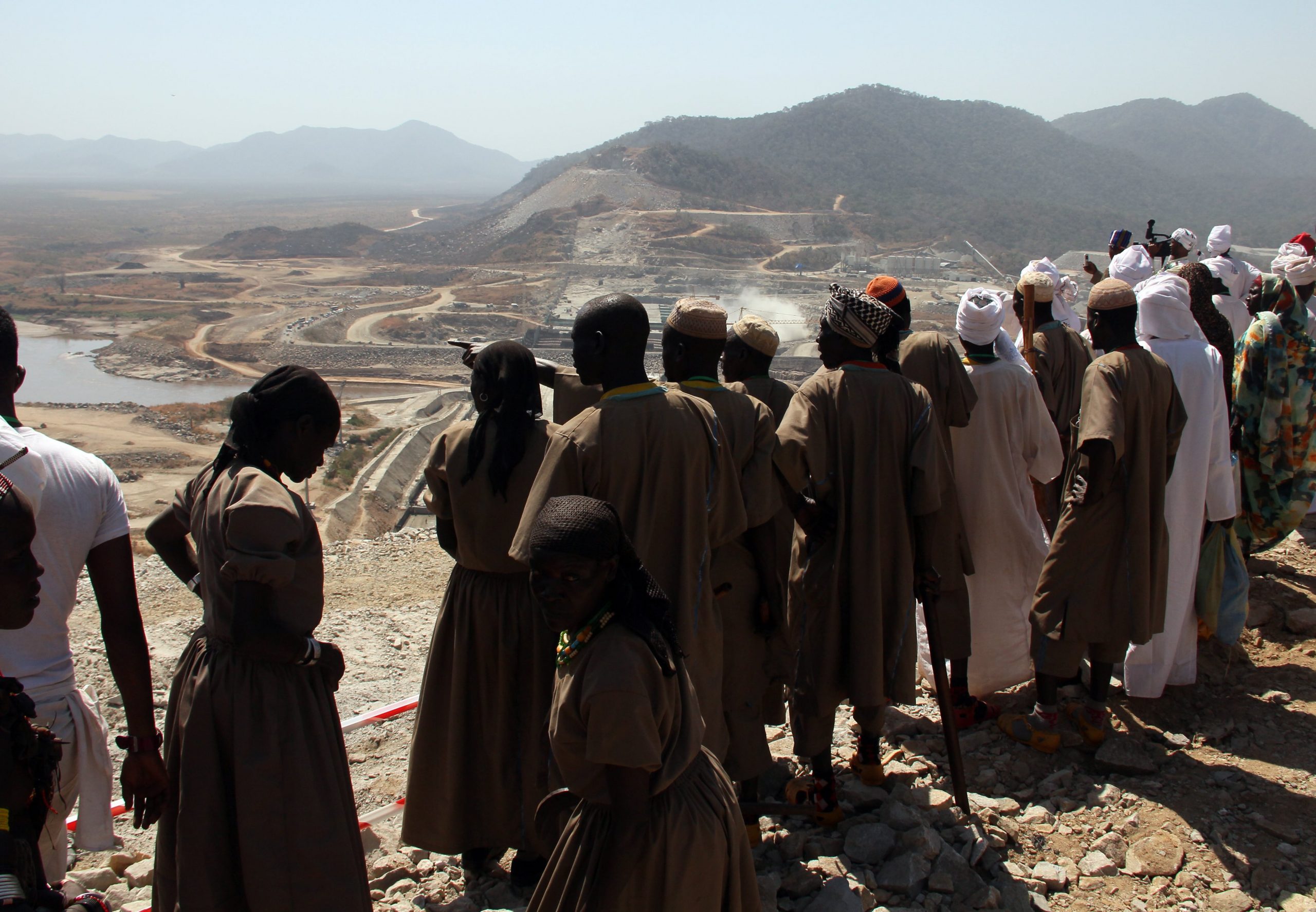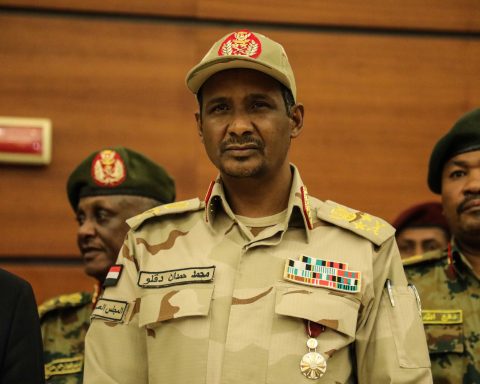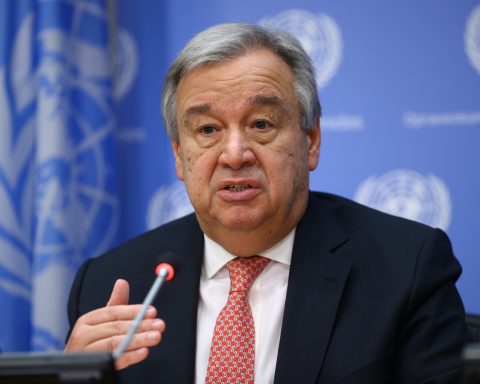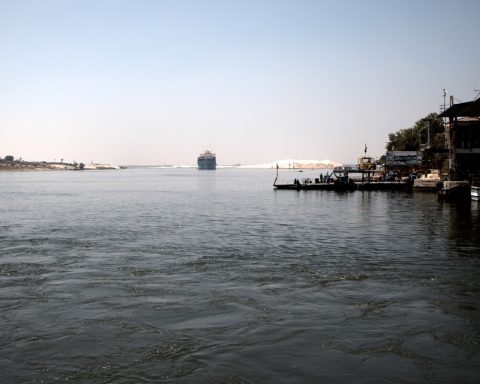Ethiopia announced that the Great Ethiopian Renaissance Dam (GERD) project will begin its first electricity generation trial during the second filling process. In a report published by the Ethiopian-based FANA media company, it is stated that the GERD project, which has reached an 80% completion rate, will be producing electricity for the first time in the rainy season that will start in June. According to FANA, it is indicated that an electricity transmission line of approximately 650 kilometers has been completed around the dam. The first filling of the GERD project, which has been completed to date and required 74 million cubic meters of water capacity, was completed in July 2020, while the second filling phase of the dam will begin in July this year. In this context, according to the statement made by Ethiopian authorities, 13.5 billion cubic meters will be filled this year and the total water holding capacity of the dam will increase to 18.4 billion cubic meters. In the statement made by the Egyptian authorities, it was announced that it will be able to cope with the famine that will be caused by the filling of the dam this year.
The GERD project is situated in the upper basin of the Blue Nile branch, which provides about 80% of the water flow of the Nile River, and is located in an area close to the Ethiopia-Sudan border. With this project, Ethiopia aims to be an energy exporter country by meeting the majority of its electricity needs with the hydroelectric facilities of the dam. However, the sub-basin countries, Egypt and Sudan, argue that a tripartite, comprehensive and legally binding agreement should be reached on the equal sharing of the river’s water flow and the project’s operation. However, the negotiations on the settlement of the dispute between Egypt, Ethiopia, and Sudan, which has lasted for 10 years, have still not been successful. Since the end of 2020, GERD negotiations have been conducted under the umbrella of the African Union, previously mediated between the United States and the World Bank. Under the African Union, the three sides of the dispute attended three summits: the most recent being in Kinshasa in March 2021. After the negotiations failed for the third time, Egypt and Sudan pushed to internationalize the issue, proposing the inclusion of a quartet mediation group that includes the African Union, the UN, the US, and the EU. However, this proposal was rejected by Ethiopia and the discourse of “African solutions to African problems” was emphasized.
Ethiopia believes that the dam will save about 110 million citizens from poverty and turn the country into a major energy exporter, claiming that it is fully financed by its own resources. However, Egypt, which is dependent on the River Nile to provide clean water to its farmers and population of 100 million, claims that the GERD project poses an existential threat to its economy and that Ethiopia is filling the dam very quickly. Sudan also expresses concerns about its access to the water of the Nile. In addition, Sudan’s border problem with Ethiopia has negatively affected the GERD negotiations. As a matter of fact, Sudan and Egypt have been getting politically closer: their recent military exercises named “Nile Eagles 1 and 2” and, recently, “Guardians of the Nile” can be seen as a military threat to Ethiopia.
At the point of resuming the negotiations that were interrupted, the presence of three actors from outside Africa in the negotiating team may revive the hope for a solution. However, while Egypt is deeply dependent on the flow of the Nile, and Sudan is worried that it will suffer again in the rainy season, Ethiopia continues to insist that GERD is under its sovereignty. Therefore, Sudan and Egypt continue to make bilateral political and military agreements and make intensive efforts to force Ethiopia into a comprehensive and legally binding agreement. As a result, Sudan and Egypt emphasize the signing of such an agreement in the hope that it will answer fundamental questions on how much water Ethiopia will release downstream and how countries will resolve future disputes should the GERD project have at least one drought season; but Ethiopian statements made to the media suggest that Addis Ababa intends to avoid such an agreement.














